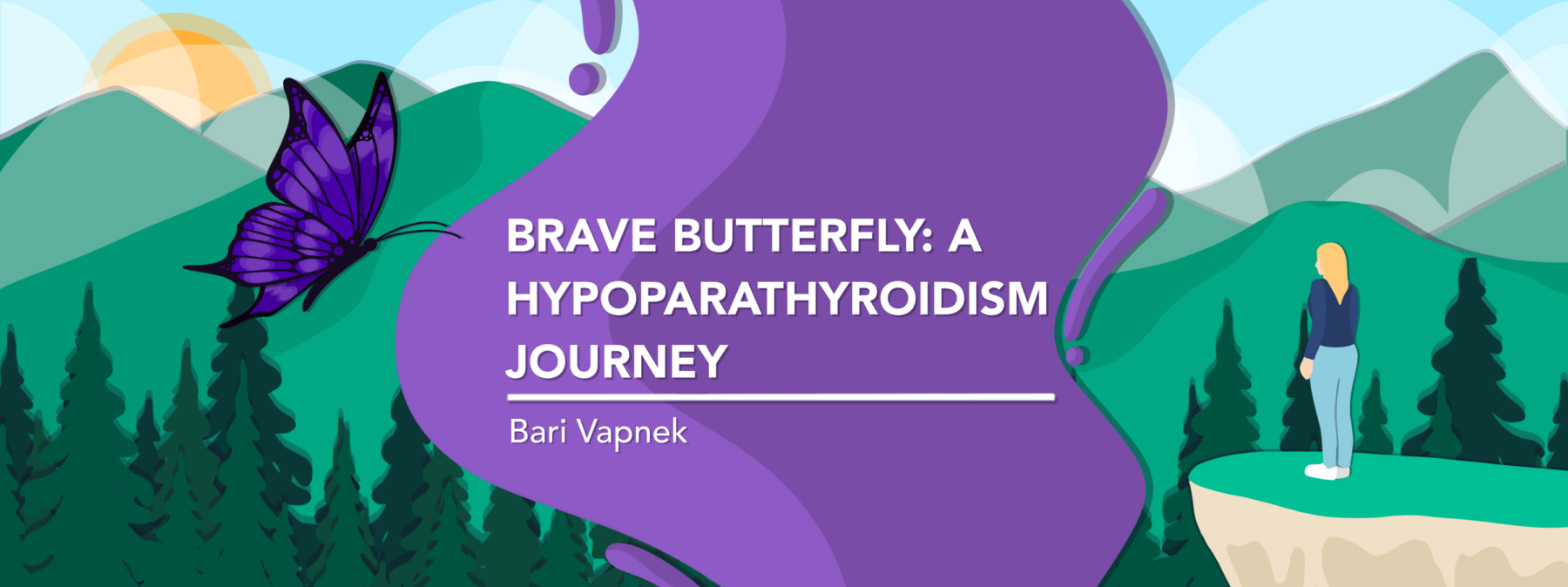A survey teaches me about my children’s fears and resilience
Knowing what they are thinking will help me make positive changes
Written by |

“Long as I know how to love, I know I’ll stay alive/ I’ve got my life to live, and all my love to give/ And I will survive.” — “I Will Survive” by Gloria Gaynor
My journey into motherhood began right as I was diagnosed with hypoparathyroidism. Nine months after my total thyroidectomy for Graves’ disease, I welcomed my daughter, and 24 months later, my son. My children are the silver lining to my diagnosis.
It wasn’t until my own mom was in an intensive care unit last year, however, that I realized how my kids must feel about their own mother’s illness. Their lives revolved around my hypoparathyroidism as I sometimes put them second and my disease first. I am often overwhelmed now by feelings of guilt and selfishness, especially when I see the worry in their eyes.
This epiphany prompted me to ask my children how my diagnosis affected their lives. I put it to them in a 20-question survey and shared it with other parents who wanted to know how their diagnosis affected their kids. I hope to expand it into a more comprehensive questionnaire that could delve deeper into the emotional and psychological impact of hypoparathyroidism on families, and provide a more detailed understanding of the challenges of dealing with the disease. Researchers ask, “How does calcium affect the body?” and “How can we mimic PTH?” but no one asks, “How does hypoparathyroidism affect your family?” or “What support is in place?”
The answers to these questions are essential and I hope this information may help in advocating for better support systems and resources for families. I’m excited to reach more members of the hypoparathyroidism community and to support our efforts at navigating life and safeguarding our children.
Here are some questions I asked my adult daughter, Drew Vapnek, followed by her responses.
BV: When did you realize your mother had hypopara?
DV: I don’t remember. I’ve known it my whole life. I don’t think I’ve ever reacted to it.
Do you have any memory of your mother being taken away in an ambulance?
It was a scary experience for me. I remember feeling anxious and sick. I’m grateful for the support I received from our neighbor, Rita, during that time.
Has your mother’s diagnosis affected you in any negative ways?
Yes, there were times when it was hard not to compare her to healthy parents who can “do it all.” Growing up, we were pretty isolated from other mom and daughter duos. We’d have to leave events early because she was too tired and irritable.
Has your mother’s diagnosis of hypoparathyroidism affected you in any positive ways? What have you learned?
It makes me want to be healthy because she’s not. Due to her condition, she feels that she cannot eat healthy or work out, which are my passions.
Did you worry that your mother wouldn’t survive?
Honestly, no. I know she’s very resilient, almost like a cat with nine lives. You can’t seem to get rid of her. This resilience is something I’ve learned from her, and it inspires me every day.
***
Reading my daughter’s experiences will help me make positive changes in how I live with my disease and support my children, even when I feel awful.
Being there
Recently, a bronchial infection almost interrupted a vacation I’d planned with my son after my doctors advised me not to travel due to the risk of complications. We went anyway. We explored new places, shared laughs, and made unforgettable memories, despite my occasional coughing fits. These moments will stay etched in my heart forever.
Understanding hypoparathyroidism’s effect on relationships is essential. As more research is done on this chronic condition, we can work to not only better understand its long-term effects on our bodies, but also on the people around us.
I hope the information I gleaned from the survey can help in advocating for better support systems and resources for families. I’m excited to reach more members of the hypoparathyroidism community and to support our efforts at navigating life and safeguarding our children.
This brave butterfly will continue spreading wings of hope not only for my children, but for all children whose parents are diagnosed with hypoparathyroidism.
Note: Hypoparathyroidism News is strictly a news and information website about the disease. It does not provide medical advice, diagnosis, or treatment. This content is not intended to be a substitute for professional medical advice, diagnosis, or treatment. Always seek the advice of your physician or another qualified health provider with any questions you may have regarding a medical condition. Never disregard professional medical advice or delay in seeking it because of something you have read on this website. The opinions expressed in this column are not those of Hypoparathyroidism News or its parent company, Bionews, and are intended to spark discussion about issues pertaining to hypoparathyroidism.







Nancy Caldwell
It is interesting to read her answers "after the fact" and now I wonder what kids would say if they were asked every year or two after a diagnosis in a way that would not traumatize them. Pur kids were grown when I had my TT for a goiter so not nearly as scary and I don't think they thought much about it. MUCH more has happened since to worry them! (other things)